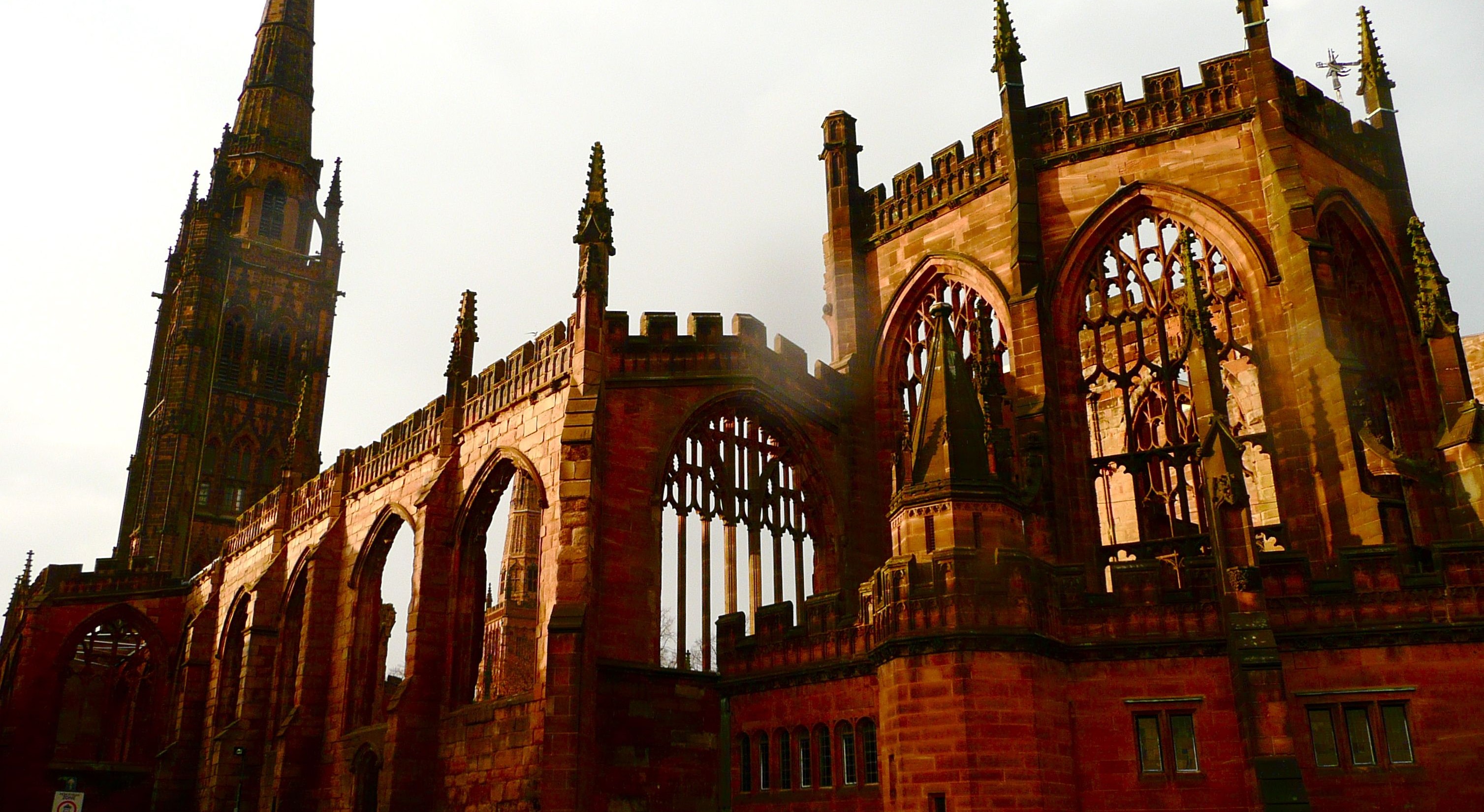A city of literary culture
When Coventry emerged as the City of Culture for 2021, there were more than a few jokes about it, particularly about the university’s response. More than one took to twitter to state that this was the first time that the University of Warwick wanted to have any affiliation with the city, suggesting that before given this prestigious title, Coventry hasn’t exactly been referred to as the centre of the arts.
Indeed, in terms of literature, Coventry is not the first city which writers think of for inspiration. In comparison with the beauty of Oxford, which inspired Philip Pullman’s His Dark Materials, and the sense of history and magic surrounding Edinburgh, which inspired J.K. Rowling’s Harry Potter series, Coventry’s harsh grey architecture seems little inspiring. In fact, Philip Larkin himself, perhaps the greatest poet produced by the city, described Coventry in his poem I Remember, I Remember as the place where his childhood was ‘unspent’, stating that, ‘nothing, like something, happens anywhere’, the inference being that in Coventry nothing happens; it is not full of the life and vibrancy that you might expect from the City of Culture.
Consider Coventry the city that can be built up from anything…
Coventry, however, may have unrealised potential for authors; no, not as a setting of your wildest fantasy novel, for your witches and wizards wouldn’t be able to turn a street corner without bumping into a McDonalds or a Sainsbury’s Local. Rather, consider Coventry the city that can be built up from anything. In the Second World War, due to its transport manufacturing, Coventry was one of the most heavily bombed cities in the UK.
The architecture that we see now has been largely built up since the war, and despite not being the most aesthetically pleasing and historical buildings in the whole world, represent the notion of a city being bought back to life and carrying on. The very walls are imbued with the national spirit of keeping calm and carrying on, and yet it does not have the same instantaneous focus as cities such as London. The people of Coventry were resilient away from the spotlight, thus embodying this idea of an untold story and unrealised potential.
With a strong focus on people, the campaign itself is a story waiting happen…
Furthermore, the campaign to bid for the title focused heavily on the heart of its people and also the great diversity of them, displaying particularly the range of different talents that can be found in the city. As an author, writing about people couldn’t be easier for there is a whole diverse pool to choose from, bursting with vibrant and young life. With a strong focus on people, the campaign itself is a story waiting happen; who doesn’t love an underdog in literature anyway? Coventry could well be the Neville Longbottom of the UK.
In fact, the campaigners described it as “a young, diverse, modern city…coming together with a fierce but quiet pride…a city of welcome, a city of peace and reconciliation, a city of innovation and invention”. Many of these words parallel and reflect the experiences of a budding writer. The potential has always been there, yet breaking out onto the popular scene is both a struggle which requires the ferocity they speak of and yet also a humble remembrance of one’s roots; roots of reconciliation and peace. As City of Culture, Coventry aims to make an impact on more than just the city, and indeed that is the wish of any writer – to make their mark and show the world what they are really made of. What better way of beginning this than writing about the city that reflects your own journey?

Comments (1)